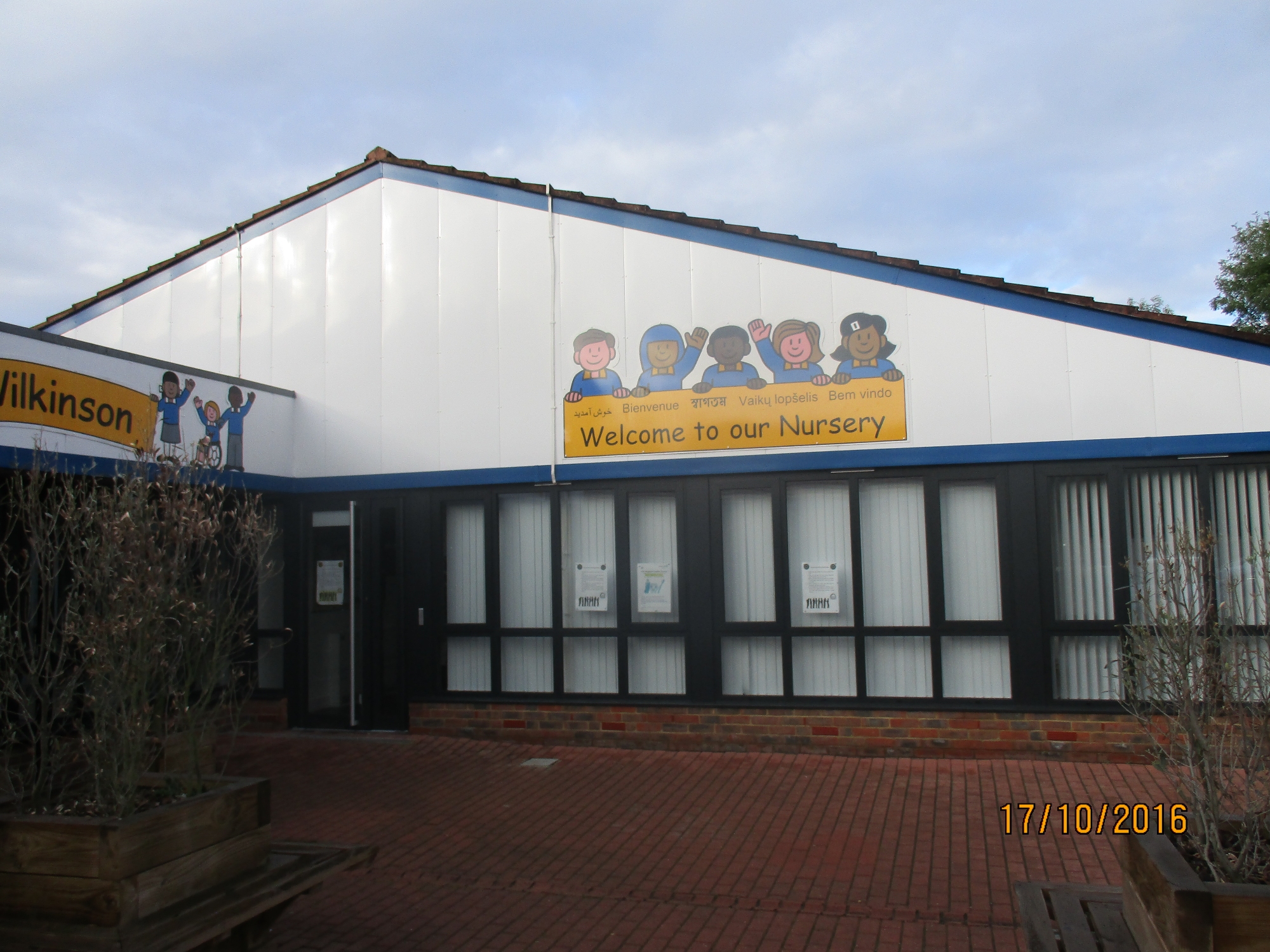Computing
Our Vision:
Our vision for Computing is for our children to leave our school with the skills and knowledge to equip them to be curious and independent learners that show resilience. We want to allow children to experience a rich broad and balanced curriculum, therefore in many of the Big Questions Computing has been linked. Our vision will allow children to have a meaningful context of their learning to inform their investigative skills across the curriculum. The vision will support children to be aspirational, challenging stereotypes and prepared for life in the 21st century. We want to equip and support teachers to confidently plan and deliver lessons which promote critical thinking and evaluation of learning.
How we teach Computing:
As mentioned earlier, we are always looking to create purposeful links with computing and other subjects. Children may use word processing software to publish a story they have written in English, or presentation software to present research they have carried out in humanities. We also use Purple Mash, an online platform that not only has explicit computing activities, but also allows for cross-curricular learning across all ages and stages. Now that we are also using Google for Education, all children have access to Google Drive and Google Classroom to support their learning in school and at home.
How we ensure access for all:
As our society becomes increasingly filled with computing and technology, our aim is to equip all children with the essential skills that we believe will lead to a successful life. Using technology in school not only supports children to acquire and develop computing skills and knowledge but also to overcome barriers they may face in other aspects of their learning. Technology can be used by pupils to train or rehearse basic knowledge and skills from other subjects, for example early reading, phonics and maths skills. It could also be used to assist learning by removing barriers such as translating software, enabling all children to access texts and communicate. Plus, technology can be used to ensure learning is enabled for all children, by adding an interactive for multisensory aspect to their learning. Within computing lessons, children are taught the importance of being respectful online along with strategies to deal with concerns. This enables children to feel safe and secure, putting them in the best mindset to succeed.
How we develop cultural capital:
At EWPS we strive to provide rich and engaging opportunities for children to see aspects of computing being used and applied in the real world. This is why we invite visitors into school to share their expertise with children, while learning more about how the skills acquired at school could lead to a future career. We like to take advantage of opportunities to meet experts and isolate their learning within computing or accords the STEM subjects, supporting the children to get creative and allowing extended time to work on set projects. The quarterly Learning Fairs celebrate children's learning and achievements as well as taking ownership and responsibility for choosing and presenting their own fair. This year, Anti Bullying week had a specific focus on online behaviour, allowing the children to look deep into their own responsibilities and ways to create and maintain safe spaces online. Encouraging children to become aware of possible careers and explore their won potential within the tech industry as they grow up guides all children towards a successful future.
How we know your child is succeeding:
Your child will begin to develop into a responsible, confident, competent and creative young person when it comes to using computers and behaving online, including e-safety and online bullying issues and responsibilities. Succeeding in computing means a child must understand and apply the fundamental principles and concepts of computer science, including abstraction, logic, algorithms and data representation. They will develop a sense of independence and resilience, enabling them to evaluate and apply their existing knowledge to confidently approach new or unfamiliar technologies and analytically solve problems. While also being aware of how to use computing as a way to extend their learning in other subjects and areas, through their digital literacy and information technology skills.
How you can support your child:
Supporting your child's learning from home can easily be done. Every child has been allocated an account on Purple Mash, here you can access games, quizzes and activities. Your child can also complete tasks specifically assigned to them by their class teacher on Google Classroom, where you will also find their weekly homework. As a parent, you should be having regular discussions about your child's online activity and how to stay safe online to ensure you are aware of your child's online activity and are actively keeping them safe when they are online at home.
Subject Lead
Sophie Carneiro



